Should you buy a used UTV?
When considering buying a UTV, you may face the question of whether to buy new or used. While buying new has many benefits, there are also advantages to buying used. In this blog post, we will explore the pros and cons of buying a used UTV and help you make an informed decision.
| Aspect | Pros | Cons |
|---|---|---|
| Cost | Significant cost savings compared to new models. Funds can be allocated elsewhere. | Potential additional repair costs which can increase overall expenses. |
| Depreciation | Reduced depreciation loss since value has already decreased. | Unknown history could affect UTV's value and performance negatively. |
| Additional Accessories | Possibility of receiving extra accessories which enhance UTV's value. | Limited selection may not meet specific model or feature desires. |
| Condition Check | Ability to check and verify the UTV's condition before purchase. | Uncertain warranty period, possibly leading to higher repair costs. |
Pros:
Cost savings: The biggest advantage of buying a used UTV is cost savings. Used UTVs are typically priced much lower than new ones, meaning you can get a UTV for a lower cost and use the saved funds to buy other accessories or for other purposes.
Reduced depreciation: UTVs are high-value assets, but their value decreases over time. Buying a used UTV can avoid the depreciation loss of a new vehicle, as the value of a used UTV has already decreased to some extent. This also means that if you decide to sell the used UTV later, you may only lose a relatively small amount of its value.
Possible additional accessories: Many people selling UTVs will include some extra accessories, such as fenders, skid plates, lifts, etc. These additional accessories can increase the value of the UTV and make buying a used UTV more attractive.
Check the condition: One advantage of buying a used UTV is that you can check its condition. You can determine if the UTV is in good running condition by inspecting its appearance, engine, steering, brakes, etc. If you are notfamiliar with the inner workings of a UTV, you can have an experienced mechanic check it for you.

Cons:
Potential repair costs: Buying a used UTV may come with some potential repair costs. Since a used UTV may have been in use for some time, it may require more maintenance and upkeep to ensure good running condition. These costs can add to your overall expenses and need to be considered beforehand.
Uncertain history: A used UTV may have some uncertain history issues, such as accidents, exposure to harsh weather, or poor maintenance. These issues can lead to decreased performance or require more repairs and maintenance. Therefore, before buying a used UTV, you need to ensure that you know its history and maintenance records well to better assess its value.
Limited selection: When buying a used UTV, your selection may be limited. You may not be able to find a used UTV with the model, color, or configuration you want, which can limit your flexibility and choice.
Unknown warranty period: The warranty period of a used UTV is usually shorter than that of a new one or may have already expired. This means you may need to bear more repair costs and need to handle some issues on your own. Therefore, before buying a used UTV, you need to know its warranty period and determine any possible additional warranty and insurance options.
What are some common scams I should be aware of?
When buying a used UTV, there are several common scams and fraudulent activities that you should be aware of, including:
Title washing: Title washing is a scam where a seller will attempt to hide the true history of a UTV by transferring it to different states or jurisdictions where the title requirements are less strict. This can make it difficult for buyers to determine the true history of the UTV and can hide previous accidents or damage.
Odometer rollback: Odometer rollback is a scam where a seller will tamper with the odometer to make it appear as if the UTV has fewer miles than it actually does. This can make the UTV appear to be in better condition than it actually is and can result in buyers paying more than they should for a UTV.
Non-existent UTVs: Some scammers will advertise UTVs for sale that do not actually exist. They may use fake pictures or descriptions to entice buyers to send money or personal information, and then disappear without delivering the UTV.
Payment scams: Payment scams can take many forms, such as a seller asking for payment in advance and then never delivering the UTV, or a buyer using a fake check or money order to pay for the UTV.
Stolen UTVs: In some cases, a seller may try to sell a UTV that has been stolen. If a buyer purchases a stolen UTV, they may be held liable and could losethe UTV without any compensation.
Hidden damage: Some sellers may attempt to hide damage to the UTV, such as rust, corrosion, or mechanical problems, in order to sell it at a higher price.

How can I find a reliable seller for a used UTV?
Finding a reliable seller for a used UTV can be a challenging task, but there are several steps you can take to increase your chances of finding a trustworthy seller:
Research sellers online: One of the fastest and easiest ways to find a reliable seller for a used UTV is to do a search online. You can use search engines, classified ad websites, or UTV forums to find listings for used UTVs. Look for sellers with good ratings or reviews and check their online presence and social media accounts to ensure they are legitimate.
Ask for referrals: Reach out to friends, family, or other UTV enthusiasts to see if they know of any reliable sellers for used UTVs. If they have purchased a used UTV in the past, they may be able to recommend a trustworthy seller.
Check UTV dealerships: Many UTV dealerships sell both new and used UTVs. Visiting a dealership can give you a chance to inspect the UTV in person and ask questions about its history and maintenance. Dealerships may also offer limited warranties or financing options for used UTVs.
Check UTV clubs: Joining a UTV club can give you access to a network of UTV enthusiasts who may be selling their used UTVs. These clubs may also have classified ad sections on their websites or forums where members can buy and sell UTVs.
Inspect the UTV before purchasing: Once you have found a potentialseller, it's important to inspect the UTV in person before making a purchase. Ask the seller for detailed information about the UTV's condition, maintenance history, and any modifications or repairs that have been made. If possible, schedule a time to inspect the UTV in person and test drive it to ensure it runs smoothly and meets your needs.
Verify ownership and registration: Before purchasing a used UTV, it's important to verify that the seller legally owns the UTV and that it has a current registration. You can ask to see the vehicle's title and registration papers to ensure that there are no liens or outstanding debts on the UTV.
Get a pre-purchase inspection: Consider getting a pre-purchase inspection done by a qualified mechanic or UTV expert. This can help you identify any potential issues or hidden problems with the UTV before you make a purchase.
Be cautious of scams: Unfortunately, there are some scams and fraudulent sellers out there who may try to take advantage of unsuspecting buyers. Be wary of deals that seem too good to be true, and avoid paying for a UTV without seeing it in person first. If you're buying from an online seller, use a reputable payment method and be cautious of wire transfers or payments that require you to share personal information.
As a UTV owner, you may need to replace some parts from time to time to keep your vehicle performing at its best and in good condition. Whether due to normal wear and tear or accidental damage, replacing parts is a necessary step to keep your UTV running. Some common UTV parts that may need replacement include tires, brake systems, suspension components, and electrical components. Replacing these parts in a timely manner not only ensures that your UTV runs smoothly but also enhances your driving safety and enjoyment.
What to Consider When Choosing UTV Parts?
When selecting UTV parts, there are a few key considerations to keep in mind:
Compatibility: Ensure that the parts you choose are compatible with your specific UTV model and year. Using incompatible parts can lead to poor performance or even damage to your vehicle.
Quality: Opt for high-quality parts from reputable manufacturers. Cheap, low-quality parts may save you money upfront, but they are more likely to fail prematurely and may even compromise your safety.
OEM vs. Aftermarket: Original Equipment Manufacturer (OEM) parts are designed specifically for your UTV model and are often more expensive but offer a guaranteed fit and quality. Aftermarket parts can be more affordable but may vary in quality and compatibility.
Intended Use: Consider how you plan to use your UTV. If you frequently engage in demanding activities like off-roading or hauling heavy loads, you may need heavy-duty or performance-oriented parts.
Warranty and Returns: Check the warranty and return policies offered by the parts supplier. This can provide peace of mind and protect your investment in case of any issues or defects.
By considering these factors, you can ensure that you select the right UTV parts to keep your vehicle running smoothly, safely, and efficiently for years to come.
Conclusion:
When considering buying a used UTV, you need to weigh the pros and cons and makean informed decision. While buying a used UTV can save you money and reduce depreciation, there are potential repair costs and uncertain history issues. Therefore, before buying, you need to know the UTV's history and maintenance records well and carefully evaluate its overall value. If you can find a used UTV with a good history, well-maintained, and meets your expectations in terms of price and configuration, then buying a used UTV may be a wise choice.

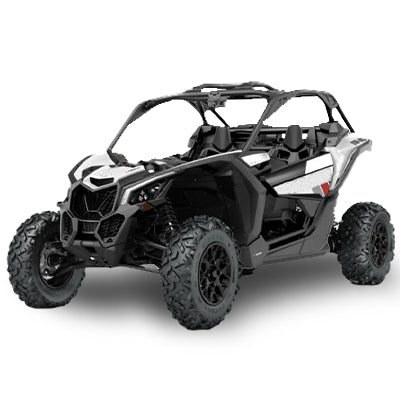
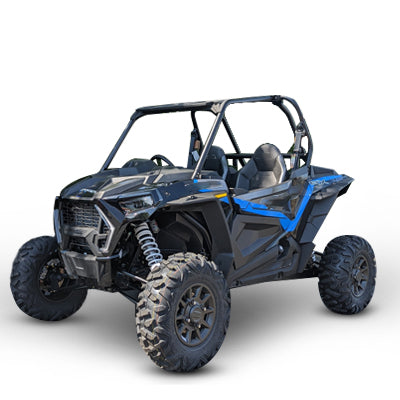
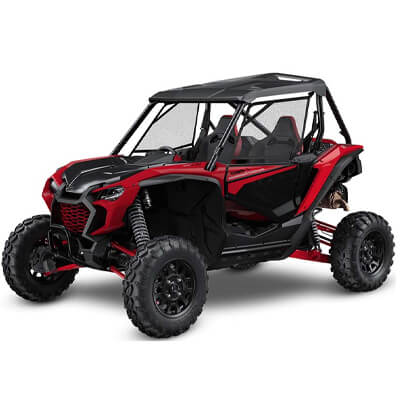
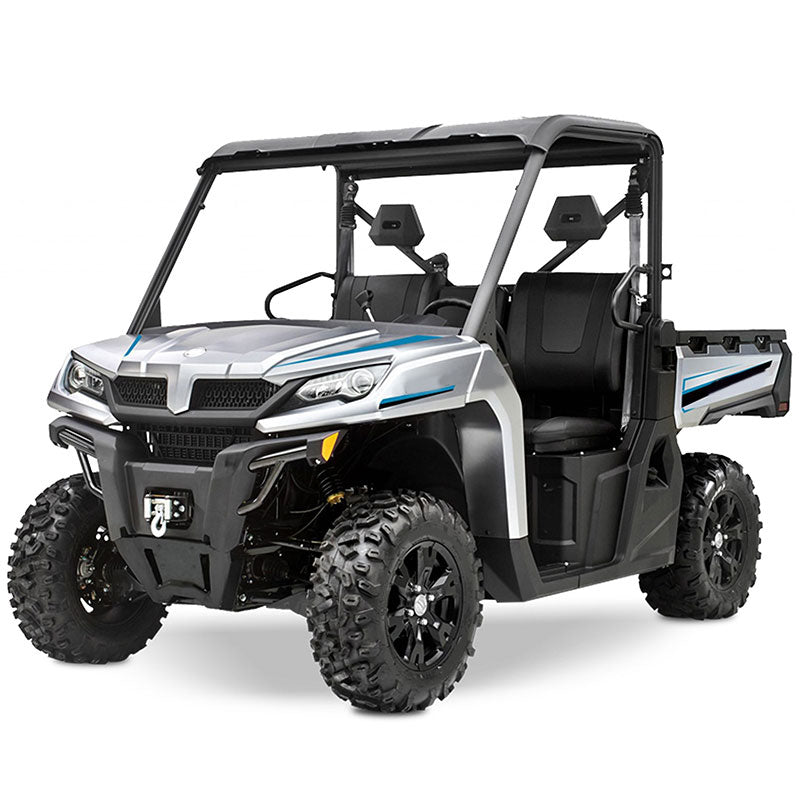
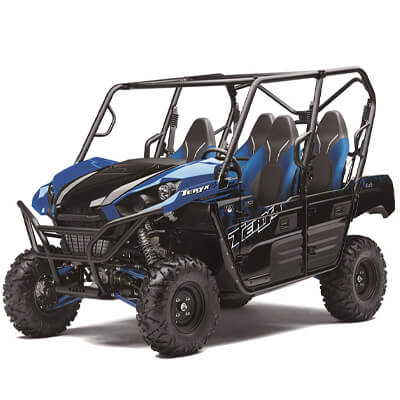
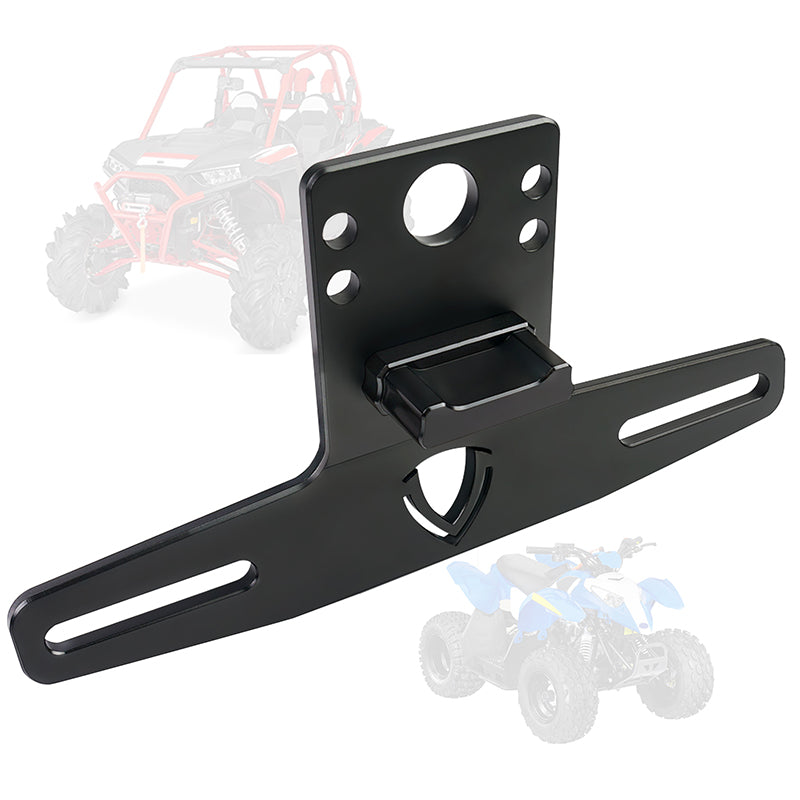
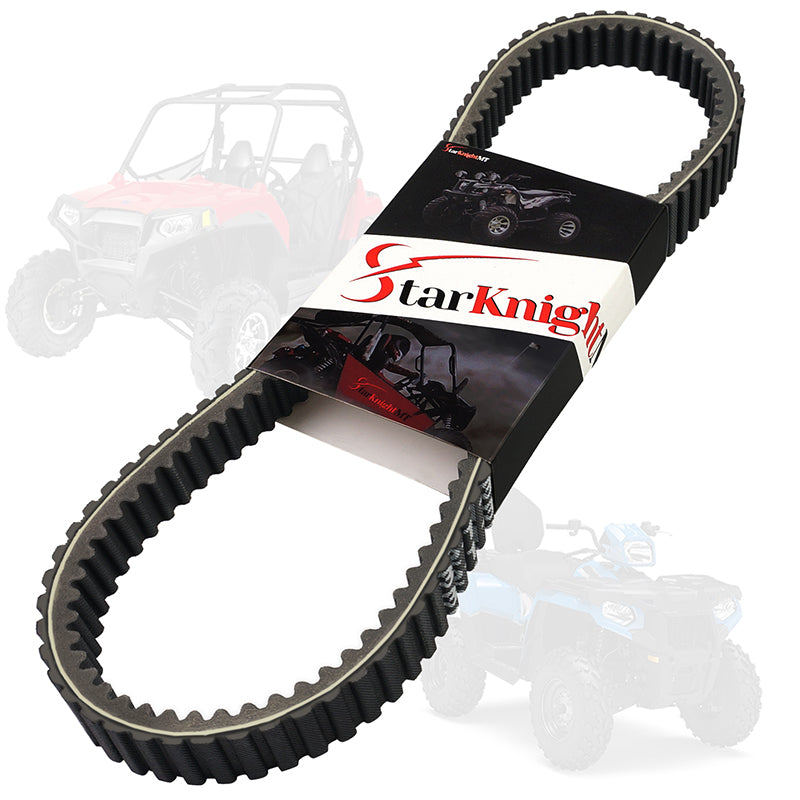



Leave a comment